My adventure with the language of Mapuche - Mapudungun | #club75
Amazing language of Mapuche
One of the things I would like to do in my life is learn the most important phrases in Mapudungun - the Mapuche language. Mapuche is indigenous people, formerly inhabiting almost the entire area of central Patagonia in South America, today almost exclusively present in Chile, mainly in the Araucania region (southern-central part of the country). Mapuche from Argentina is a very small group nowadays, while in Chile there are still over 200 000 of that people.
In Araucania, I spent a lot of time on workaway and later traveling. Thanks to that I managed to get to know many people in this community and I gained knowledge, often cruel, about the current situation of Mapuche, being persecuted and discriminated against by the Chilean government. However, it will not be an entry about injustices, expropriations, and military violence - I will gladly tell you about it on discord if anyone interested will write to me.
Let's focus on linguistics.
Singular and plural
I have some very basic language learning materials that my friends have prepared for me during my stay in Araucania. It's amazing how many solutions do not coincide with European languages! For example: in Mapudungun (also called Mapuzungun. Spelling often differs, because it was introduced much later. Mapuche did not have a Latin alphabet) we have singular without distinction of gender (words "he", "she", "it" sound the same), but two plurals. However, they do not differ from the gender of persons, as in Polish ("oni" - "they" when there is at least one man in the group, and "one" - "they" when it comes only to women). No, Mapuche differs plural based on the number of people we talk about. The word "they" sounds different when it comes to two people (Feyengu) and different when we talk about at least three people (Feyenguun).
Family Members
The description of family members is much more difficult because the words "grandmother", "grandfather" or "aunt" sound different if they refer to a family member from the father's side and different when from the mother's side. Still, it's still a piece of cake compared to the basic... "hello".
Welcoming
"Mari Mari" or "hello" is said with the accompany of the second word. Just "Mari Mari" may be used by young Mapuche, but is not 100% correct, very informal. I would love to finish this post by presenting you with a variety of greetings. I can't guarantee it's all of them, but it's all I managed to learn during my stay in Mapuche's land:
| Greeting | Description |
|---|---|
| Mari Mari kom pu che | Welcoming of everyone, like during the speeches, or on the chat with multiple people |
| Mari Mari peñi | "Hello brother" - only men can say "hello" that way. It refers to the same or a lower social position (i.e. an older man may say that to a younger one, but not the other way around). Women never use this phrase for themselves or they don't welcome men with that words. |
| Mari Mari Chachay | "Hello, sir", a formal version for an older man or people we do not know. Used by both sexes. |
| Mari Mari Papay | "Hello, madame", a formal version for an elderly woman or people we do not know, spoken by men. Women use instead the form "Mari Mari kushe papay" |
| Mari Mari ñaña | "Hello, mademoiselle" is reserved to be uttered by older women to younger ladies, never by an older man or between younger people. |
| Mari Mari Lamngen* | "Good morning brother/sister", greeting between two women or a woman and a man. |
*Notice that "Lamngen" cannot be considered as the "sister" in opposition to "peñi", brother, because women call "Lamngen" also men. Gender is not so strictly described in Mapudungun, that's also why "he", "she" and "it" is only one word in that language.
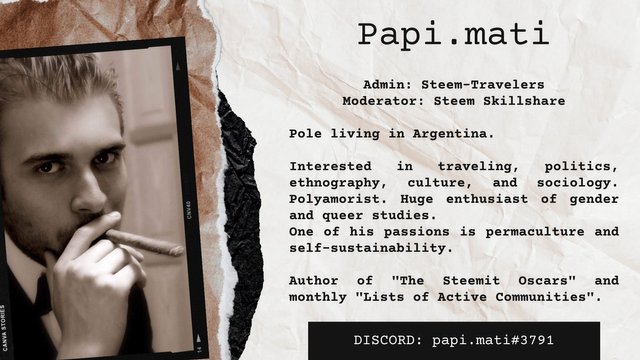
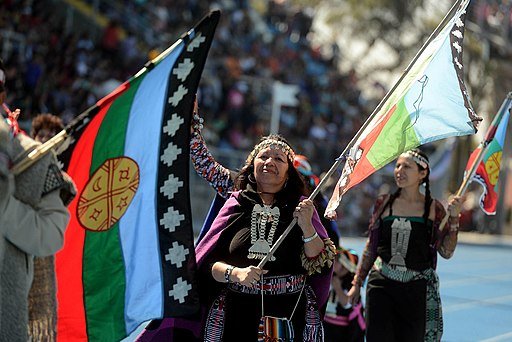
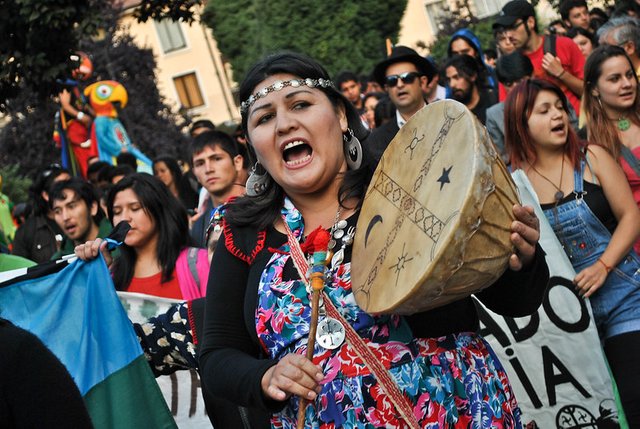
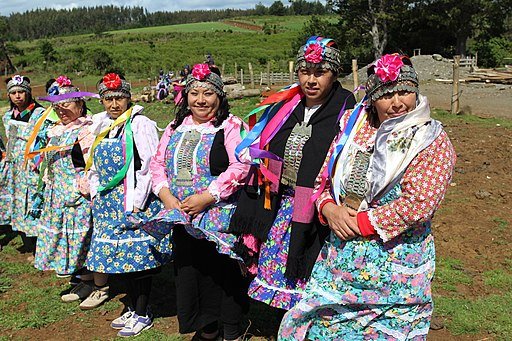
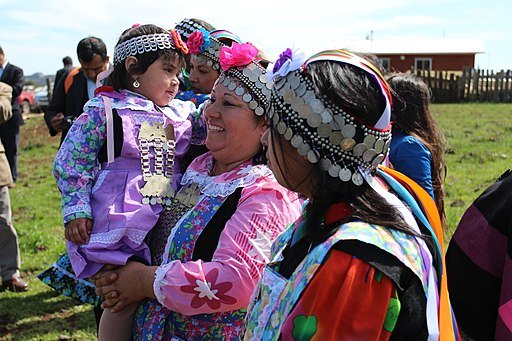
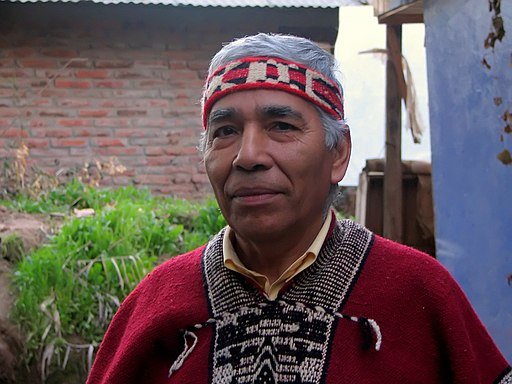
A very interesting linguistic excursion. Informative!
unusual, isn't it? Languages fascinate me a lot. As an immigrant, I'm forced to use more than one - with the family and polish friends I do speak in Polish, then I commonly use English to communicate with most of my friends in Argentina, and finally, when someone does not know English, I speak Spanish. What I have noticed is that language slightly changes the personality - it can be more or less optimistic, more or less aggressive, more or less calm or toned, or... a lot of tiny things that change us on a limited scale.
I never had a closer experience with the non-European language though. Sure, I was in Oman, but I used exclusively English then. The rest of the countries I have visited were in Europe or Latin America, so all from the same cultural roots. Mapudungun is different and maybe that's why it fascinates me so much
Thank you for your comment!
M. Lomonosov said :"In German you have to talk to the enemy, in French - with a woman, in Italian - with God, in English with a friend, in Italian with God. And you can speak Russian with everyone."
Da :D
Russian, I know very, very little, but obviously, when we would speak slowly, I'd understand 95% of all what's said, so that would confirm "you can speak Russian with everyone" :)
Your post is manually rewarded by the
World of Xpilar Community Curation Trail
STEEM AUTO OPERATED AND MAINTAINED BY XPILAR TEAM
https://steemit.com/~witnesses vote xpilar.witness